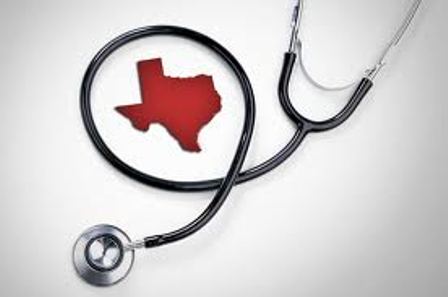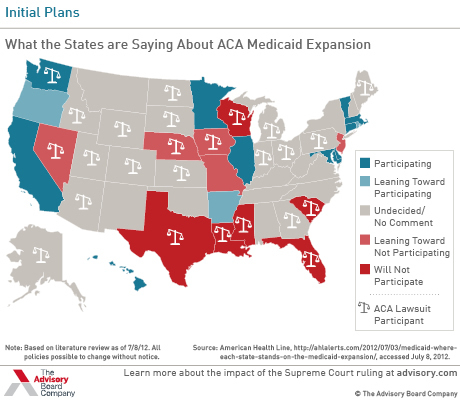Affordable Care Act sign-up begins today
October 1, 2013: Today begins the open enrollment period for health insurance.
Under the federal Patient Protection and Affordable Care Act, people who do not have insurance (or Medicare), or who want to switch their insurance coverage, can begin signing up for individual or family coverage.
As we know by now, this move into the 21st century has been stridently opposed–
- by people who hate insurance companies and hate the idea of having to buy insurance,
- by well-funded lobbyists working for billionaire reactionaries, for the insurance industry, for the tobacco companies, etc.,
- and by people who already have some version of insurance coverage, or think they have, and hate the idea that other people might gain some.

Benign image
As to these three groups,
I have some gut sympathy for the first bunch. Full disclosure: I have worked stints in insurance companies myself, working among nice people–who typically get employer-provided benefits, too, by the way. But decades of seeing insurance company abuses go unreported tends to undermine one’s faith in unfettered market forces. It doesn’t help that the media outlets thus underreporting are often cross-invested with the insurance industry.
The second bunch are being paid. (End of story.)
The third group is the saddest. In this group, people motivated by race are–as we say–disproportionately represented. The third group also includes a significant number of sad people who are themselves on Medicare or other public assistance, but who are eager to believe that fellow citizens are getting away with something. Remember Matt Taibi’s you-are-there piece in Rolling Stone? A Sarah-Palin-led rally looks like a Medicare convention. I have seen and heard the same thing closer to home.
Ironically, people in all of these groups would themselves have benefited from a reasoned approach to underwriting health care expenses–a single-payer plan. But the major party that represents groups 2 and 3 opposed every such move. It has also opposed almost every move for health and wellness, from lowering the speed limit on highways to limiting access to military-grade weapons of deadly force to reining in the tobacco companies to limiting use of herbicides and pesticides in food growing to limiting deadly emissions in the air to limiting groundwater contamination. Et cetera. The opposition to the Affordable Care Act should be viewed through this prism. Opposition is not a bright-line rejection of ‘government intrusion’. Many individual opponents of the ACA themselves receive public assistance, red states are the biggest drawers of federal funding, and no corporatized industries reject government assistance.

GOP Congress members keep their health coverage
Back to the Affordable Care Act. Some useful links:
For Maryland, go to Maryland Health Connection. Or call 1-855-642-8572. Every plan on the Maryland Health Connection (the Maryland Health Benefits Exchange) includes preventive services.
For Texas, go to http://www.tdi.texas.gov/consumer/cpmhealthcare.html.
Note: The ACA is lowering health care rates for Texans. Gov. Rick Perry is doing his utmost to violate both the letter and the spirit of the health care law, even though Texas has the highest proportion of uninsured people in the nation, including uninsured children.
As the Texas web site states,
“Texas has indicated that it will not create a state-based health insurance marketplace (formerly called the exchange). See the letter from Governor Perry dated November 2012.”
For local workshops in San Antonio Oct. 3 and in Houston Oct. 10, go here.

Texas hearts
Here in summary are some key provisions of the new law:
- The customer can no longer be denied coverage because of chronic illness or pre-existing condition
- The customer can include children on the insurance plan until they reach the age of 26
- There is no annual limit on care (cap on coverage paid by the company, per year)
- There is no lifetime limit on care (cap on coverage paid by company over lifetime)
- The insurance becomes effective Jan. 1, 2014, if purchased (in Maryland) by Dec. 18, 2013
- ‘Navigators’ or assisters are available to help people sign up for coverage
- For adults at 138 percent to 400 percent of the federal poverty line, tax credits are available through the state health exchanges to help pay for premiums
- Private coverage is purchased, in most states, through insurance exchanges
- Some private insurance agents are signing up with the exchanges
- Medicaid coverage varies by state
Speaking of Medicaid, here is another feature of the Affordable Care Act: the asset base limit got thrown out. In other words, Americans are no longer required to drain or lose everything they have ever earned or saved, over their lifetimes, to become destitute, to become eligible for Medicaid. In states that are not shrinking Medicaid by opposing the new law, Medicaid eligibility will be determined by income.

Anti-Medicaid plotting in red states?
Back to Maryland, and Medicaid:
- Medicaid in Maryland is expanding to cover adults under age 65, up to 138 percent of the federal poverty line (about $32,500 per year for a family of four, or $15,856 for an individual)
- Eligibility for Medicaid in Maryland will be based on the federal modified gross income
- There is no ‘means test’; income verification is provided through IRS returns, Social Security data, and other federal and state data
- According to the Maryland Health Connection, “Eligibility will be determined in real time in most cases.”
- Young adults who have aged out of foster care will be eligible for Medicaid up to age 26
Stay tuned.



